Does Dairy Cause Acne?
By Abby Vinas
Causes of Acne
•
2 Comments
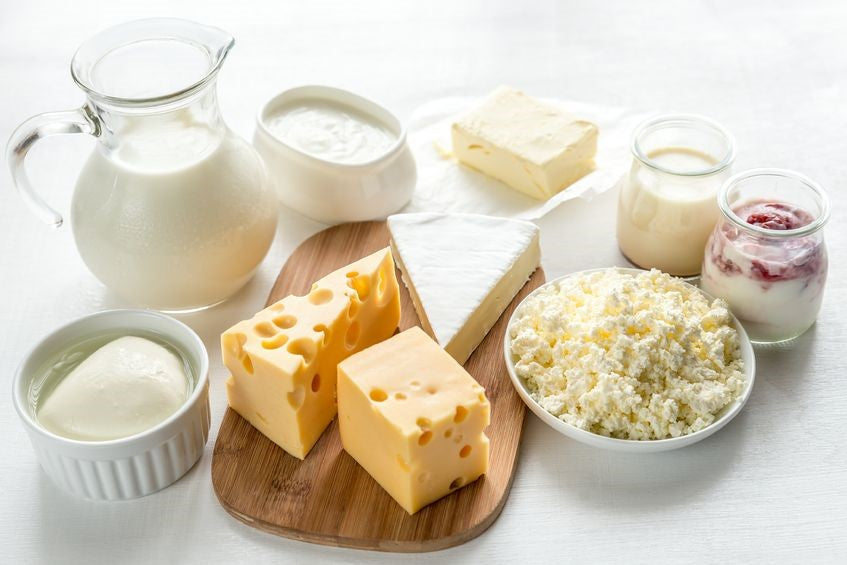
Skincare myths such as toothpaste treatments and crushed aspirin have been in circulation for quite some time, but the so-called “dairy acne” remains a puzzle. Is this really true? Does dairy cause acne in day-to-day life? Part of the reason we’re left without answers is because they’re difficult to pin down, and the research at times seems contradictory. Does milk cause acne? And if so, does cheese cause acne too? What else is added to the growing list of foods and beverages we’re not supposed to eat?
We’re here to answer those questions and put this age-old rumor to bed. We’ll teach you about the (somewhat confusing) relationship between dairy and acne and let you be the judge for yourself. Don’t go tossing out your milk and cheese; they might not be as problematic as you think. Dr. Marcelo Campos writes for the Harvard Medical School that we still cannot categorically say that specific foods cause acne.
Does Milk Cause Acne?
Milk builds strong bones, but does it create blemishes too? Let’s start at square one. Acne is caused when dirt, oil and/or dead skin gets trapped inside a pore. When the pore is clogged, it becomes inflamed and leads to those pimples we know and love oh so much. With this working definition in mind, how does milk cause acne? And if it doesn’t, why do people frequently claim otherwise?
The answer is that cows’ milk can also cause inflammation, leading to a double whammy effect on your skin. The hormones in milk can react with the testosterone in your body (ladies are no exception, they have testosterone too!). Hormonal changes in the bloodstream can cause bad breakouts—ahem, puberty—due to an increased sebum production. Sebum is the waxy substance secreted by pores to keep skin moist and pliable, but we know it as oil and a common pore-clogging culprit. Excessive sebum production leads to oily skin and pimples galore.
The problems don’t stop there; scientists believe milk proteins such as whey and casein are also related to dairy acne. They both release a hormone called IGF-1, a growth hormone great for baby cows but bad for human skin. It makes calves grow big and strong, but it has the same effect on our pimples. IGF-1, which is similar to insulin, causes inflammation that leads to breakouts. Whey and casein are often added to skim milk to make it taste less watery; if you’re a big fan of milk but concerned about your complexion, try sticking to whole milk instead. Whole milk contains a number of acids great for boosting metabolism—unfortunately these acids also cause insulin levels to spike. Insulin increases the bloodstream sugar content, which can also trigger breakouts, so drink your whole milk in moderation.
Note: Don’t switch to soy milk if you’re departing from skim; soy milk is made from processed soy beans, which could have an estrogen-mimicking effect on the body. Avoid any food that could potentially disrupt your hormones if you want crystal clear skin.
Does Cheese Cause Acne?
Here’s where things get confusing. Although studies have shown that milk and ice cream are associated with acne, yogurt and cheese don’t seem to have the same relationship. Scientists can’t exactly figure out why cheese is a safer choice, which is why the question “Does dairy cause acne?” is so difficult to answer. Part of the theory stipulates that hard cheeses have less lactose than milk does, but there’s no evidence that suggests lactose plays a role in acne. So take a deep breath; pizza and cheese boards might not be good calorically, but they seem to be okay for your complexion.
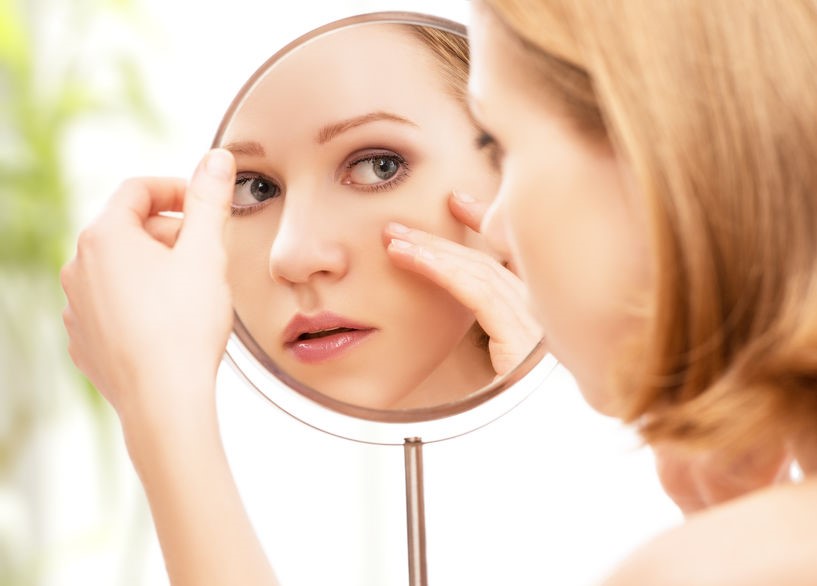
How Does Dairy Cause Acne?
The adage “you are what you eat” isn’t just a pithy expression and actually contains a lot of truth. We know that certain nutrients enhance specific body performances, such as Omega-3 fatty acids which benefit the heart. However, foods can also work against your body in the same respect (queue sugar, potato chips, and all the junk food we love but should really hate). Does dairy cause acne? Not exactly, but dairy and acne are correlated with one another. A meta-analysis posted by the National Institute of Health found the link between dairy intake and acne is less convincing than that between a high glycemic diet and acne, but both deserve consideration when providing any dietary advice.
Such is the case with many common foods, and what you believe to be dairy acne could very well be due to another dietary staple. If you’re interested about the relationship between dairy and acne, and how you can consume your way to clearer skin, here are some additional foods to avoid:
- Bread: We know it’s hard to ditch the backbone of nearly every meal, but the gluten in bread increases systemic inflammation and worsens breakouts. It also depletes your valuable antioxidant stores, so try to cut this carb—especially the refined versions—wherever possible, if not entirely.
- French fries: Shed a silent tear for French fries and other similarly processed grains. They’re too high in calories and produce quick insulin spikes, which leads to inflammation and corresponding breakouts. Those greasy fingers aren’t helping your complexion either.
- Chocolate: That enjoyable cascade of neurotransmitters you experience after eating chocolate includes a flood of acne-inducing chemicals, mainly sugar. A fast sugar rush can wreak havoc on your complexion, but before you start mourning the loss of three of your favorite indulgences, keep in mind that dark chocolate is okay—and even has a load of beneficial antioxidants!
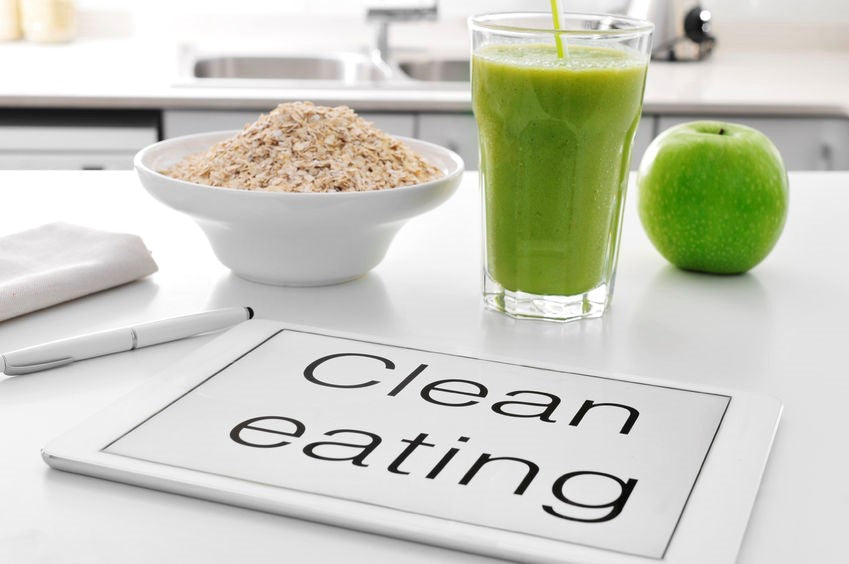
What Else is Causing Your Acne?
So now you know that your dairy intake—along with other acne-inducing no no’s— could be causing your complexion concerns. But to rule out dairy acne, you’ll also need to check in with a number a factors which could be contributing to your condition. Aside from diet, here are some of the reasons you might be experiencing acne:
- Sorry to be the bearer of bad news, but if your immediate family members suffered from acne, you probably will too. Those with oily skin usually pass on the genetic expression to their offspring.
- As previously noted, abrupt hormone fluctuations can spur bad breakouts. If you experience acne during puberty, pregnancy, after childbirth or during menopause, hormones are probably the culprit.
- Lifestyle factors such as stress, poor sleep, lack of exercise and bad hygiene could also be why you’re breaking out. When asking yourself, “Can dairy cause acne?”, check in with these triggers first. For example, if you experience clearer skin after cutting dairy, but also start sleeping better around the same time, you won’t be able to fully identify what the problem actually was.
Clearer skin in as little as two weeks.
This 3-step routine combines the most effective (clinically-proven) acne fighting ingredients with powerful plant intelligence to leave your skin nourished, refreshed, and clear.
Try SomeKey Takeaways
Can dairy cause acne? No, acne is caused by physically clogged pores. The American Academy of Dermatology finds that a low-glycemic diet may be more effective and lead to fewer pimples. However, dairy is correlated with acne and those with sensitive skin might do better avoiding it.
Acne is an inflammatory condition, and milk is known to make inflammation worse, mainly due to its reaction with hormones in the human body. Whole milk is better than skim milk or soy milk, but should be consumed in moderation to avoid any dairy acne formation. Curiously, despite the body of evidence pointing to milk-related breakouts, when researchers ask “Does cheese cause acne?”, no identifiable relationship is found.
Ultimately, to understand how your own body responds to dairy and acne, slowly cut it from your diet and go dairy-free for a month. It takes three months to fully cleanse your system, but you should be able to see a definitive difference within the four weeks’ time. If you’re sleeping well, managing your stress, exercising regularly and maintaining good hygiene but still experiencing breakouts, your acne could be caused by a different dietary staple. Eat an exclusively clean diet for at least a month and monitor your skin’s reaction as you begin to reintroduce certain foods or beverages. If you’ve tried all these strategies with still no success, your acne could be genetic and hormonal—not dietary—and probably needs a new treatment method.
In the end, the news is both good and bad: while you don’t necessarily need to toss that beloved block of Gouda, you should monitor your dairy consumption if you’re looking for a clearer complexion. Deciding between a flawless glow and gourmet milkshake won’t be easy, but the choice is yours.

Abby Vinas
Abby Vinas has long been an active member of the holistic health community, advocating in favor of its benefits to both our physical and emotional well-being. Her commitment to leading a healthy lifestyle has made her an authority on self-care practices. Abby is passionate about fitness, nutrition, and proper skincare, and is also an avid lover of avocado toast and dog-petting.
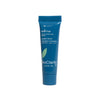
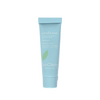
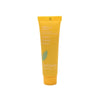
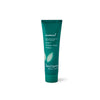









I think this is the world’s hottest topic about Acne and how it is caused by dairy products. It is good to hear that there’s no evidence that suggests lactose plays a role in acne. And an extra information that milk contains a number of acids great for boosting metabolism. You have really done a great job!
Thank you for this informative post.I think what you talked about is true.I started having acne after the delivery of my second child and three years down the line I still had terrible breakout,a friend suggested I elimate dairy products especially milk from my foods and when I did so,I started seeing an improvement.It has been three months since I made these changes and my complexion is clearer.I am happy with the results I see.